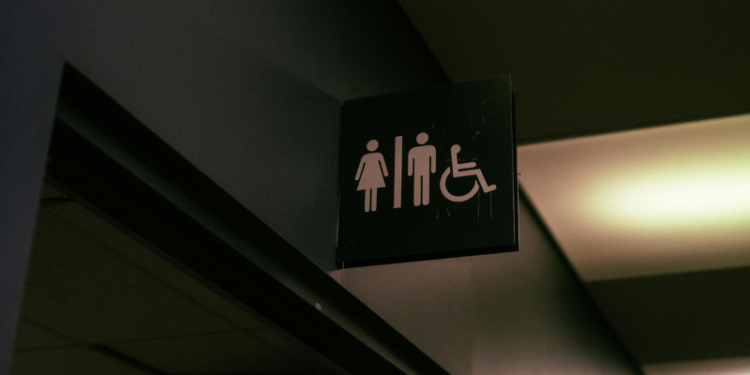Ohio lawmakers approved S.B. 104, a controversial bill barring transgender students from using bathrooms and locker rooms that align with their gender identity on Wednesday, November 13th. Dubbed the Protect All Students Act, the legislation mandates that public schools, chartered nonpublic schools, and universities designate restrooms and facilities based on the biological sex assigned at birth. The Senate approved the measure with a 24-7 vote along party lines, and it now heads to Governor Mike DeWine, who has indicated he will sign it into law.
The bill also prohibits multi-occupancy gender-neutral restrooms but allows single-occupancy facilities as alternatives. Schools will require proof of biological sex, such as birth certificates, to enforce compliance. Supporters, like State Senator Niraj Antani (R-Miami Twp.), argue the law ensures privacy and safety for students, particularly cisgender girls. “This is common sense policy. No young girl should be forced to go into the same restroom with a biological male,” Antani said.
Opposition to the bill has been fierce, with critics calling it discriminatory. Jocelyn Rhynard, a Dayton Public Schools board member and parent of a transgender child, expressed dismay. “This targets real people who just want to live their lives. It’s deeply disappointing to see lawmakers prioritizing fear over genuine community needs,” she said. Advocacy groups predict the bill will face legal challenges, citing potential violations of transgender students’ rights.
The debate reflects a growing national divide over LGBTQ+ issues in schools. Proponents, such as Senate President Matt Huffman, claim widespread public support for these measures, while detractors, including Senator Bill DeMora (D-Columbus), argue that the legislation perpetuates harmful stereotypes. “This creates suspicion and paranoia,” DeMora said, lamenting the amendment’s attachment to a bipartisan education bill.
Transgender advocates warn the policy could exacerbate mental health challenges and increase bullying. A transgender college student described the law as dangerous, stating, “Being seen in a bathroom where it doesn’t look like you belong puts transgender students at risk.”
If signed into law, the restrictions will take effect 90 days after enactment, adding Ohio to a growing list of states enacting similar measures. Critics and supporters alike agree the bill will have lasting implications for LGBTQ+ students and educational institutions.










